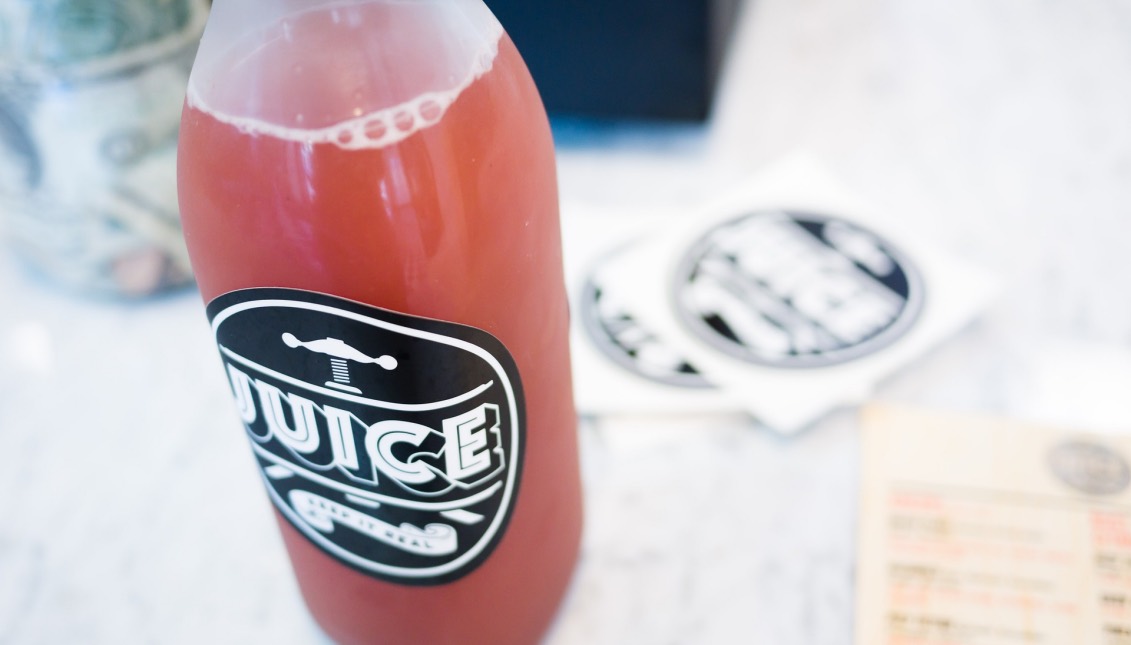
It's not about the soda tax
MORE IN THIS SECTION
The arguments being made on both sides for Mayor Kenney's proposed soda tax creates a definite sense of deja vu and we should all realize we've been here before. And I don't mean on the specific issue of a sugary beverage consumption tax.
If you block out all the white noise, you realize this is a conversation we have over and over again. The players stay the same — usually wealthy special interests on both sides playing a real life game of tug-o-war where mostly poor black and brown folks get to have what's best for them decided by everyone but them. As it is clear we’re going to have this conversation, what’s most important this time is who gets to have it.
Now that we have two well-funded opponents on a contentious issue, who is going to truly represent the interests of the not-so-well-funded community?
Let me state for the record, this is not a for or against stance on the soda tax. What I aim to address is the issue of who really has the best interests of the community at heart. I'm confident everyone agrees there is a benefit to universal pre-k and the concept of community schools. What's left to debate is how we pay for it all and which proposed solutions are in the best interests of the community.
I find it hard to believe that the decades long influence in urban communities of soda/sugary beverage consumption has had a positive effect on the physical and financial health of the people who live in those communities. On the other hand, there will need to be some convincing that charging what equates to be sin tax will have a positive financial impact on the community.
We should all be concerned with a conversation about to be had on what's best for the community from groups with vested financial interests. Interests that may run contrary to the interests of the community, but the community is the pawn being used to have that conversation.
We have a similar conversation every year when discussing public schools vs. charter schools. Incendiary rhetoric clouds what should really be the issue - do we have functional schools or not? Both sides claim to advocate for what’s best for black and brown kids and their parents. In reality, you have special interests on both sides debating what's best for mostly children of color, yet the results annually leave our kids further behind their suburban counterparts.
We also had this conversation in 2014 when PA’s General Assembly authorized the city to implement a cigarette tax to pay for needed funding for the school district. $2 dollars more a pack of cigarettes sold in the city limits was the proposed solution. Then, the same as now, the same players lined up on their respective sides and decided that they were going to be the ones to frame the conversation about what's best for the community.
The very same community that very few of them actually live in or are from.
In the proposed use of the revenue of a soda tax there appears to be a long overdue and much needed direct community benefit — upgrades to parks and recreation, universal pre-K, and community schools. It is the beginning of a defined Community Benefits Agreement (CBA). Similar to what a developer would sign in order to get approval to build or be granted a zoning permission.
It should be guaranteed that the benefit of such an agreement will impact those most immediately affected.
This is where both sides of the argument should seek to include the community, genuinely invite them to be a part of the conversation and use their feedback to have the greatest impact in their own neighborhoods. So far and to their credit, I’ve seen and heard directly from pro tax, community members who would be most affected. I at least know their voice is in the room.
To further that end, some parting advice.
Soda tax advocates — for the community that you want to pay more for a product then the benefits need to be clearly defined. If those who are least equipped and able to change consumption of soda or where they purchase it and therefore would bear the brunt of the tax, they should also receive all the benefit.
Soda tax opponents — if you don't want a soda tax but you want to continue pushing your product on the community then you need to define clearly what your plan is for the health and obesity/diabetes issues that arise with the use of your product.
To both sides, I encourage you to do a thorough job of engaging the community and to discover what’s in their best interest, so that they have a seat at the table for once and are not just on the menu.






LEAVE A COMMENT:
Join the discussion! Leave a comment.